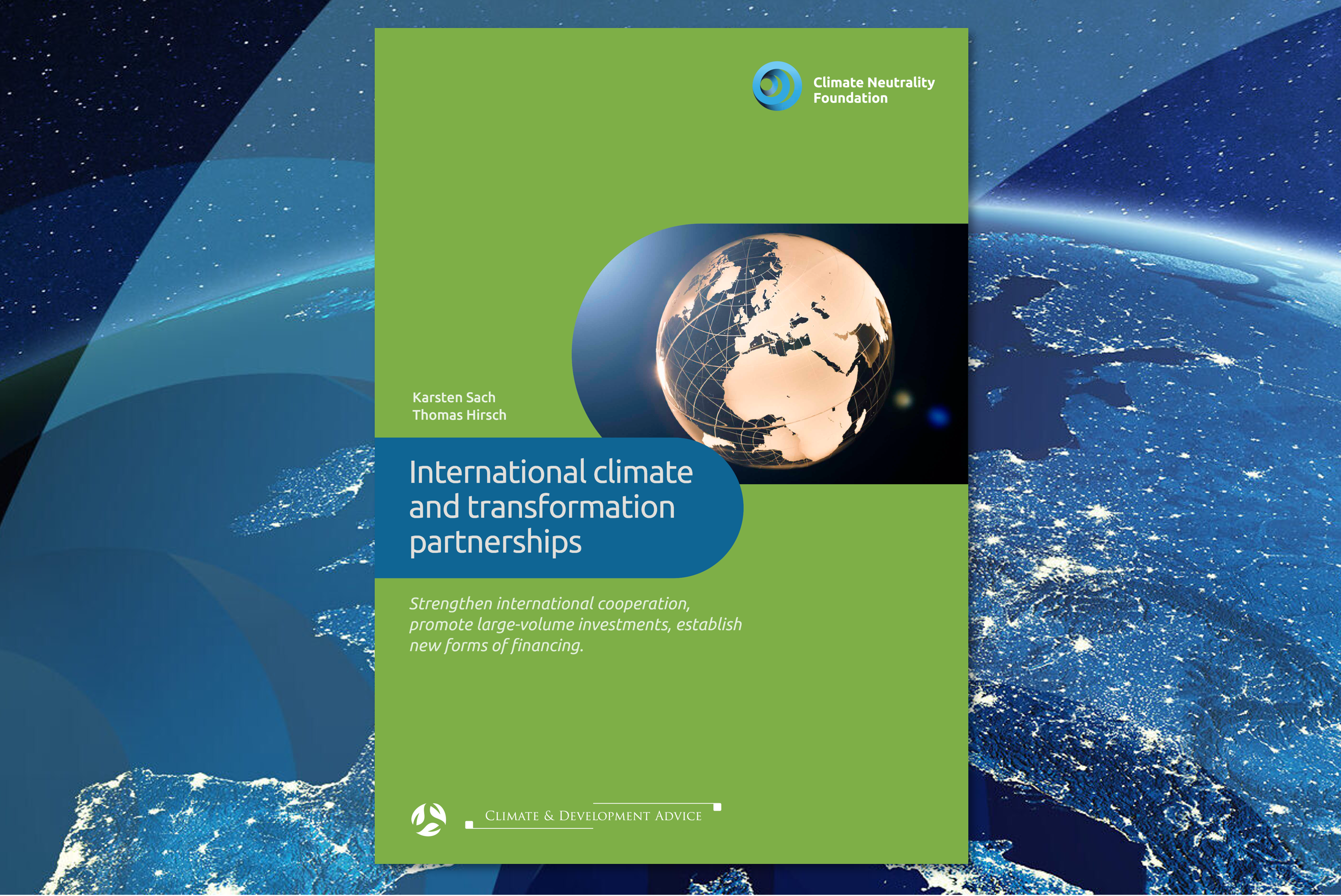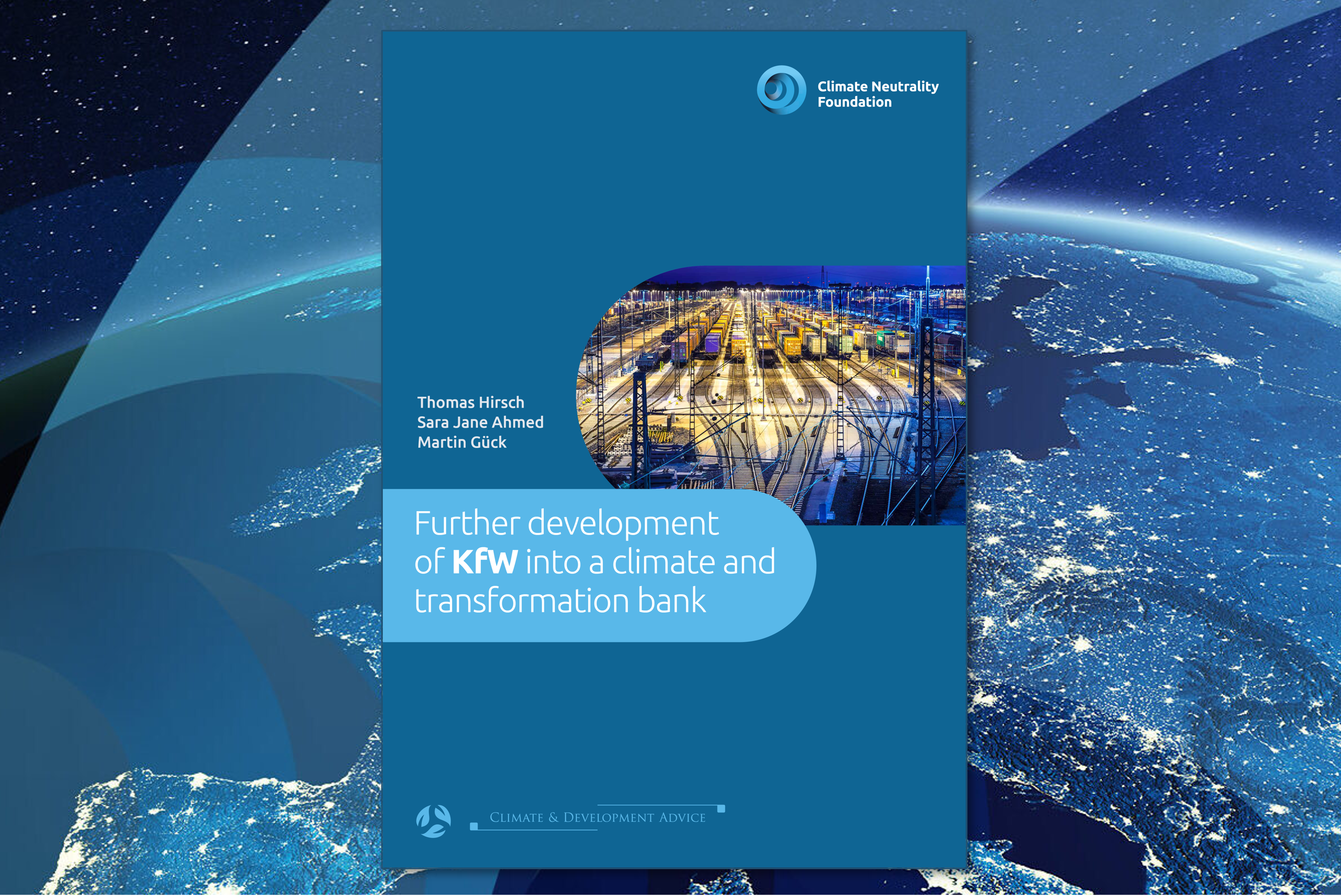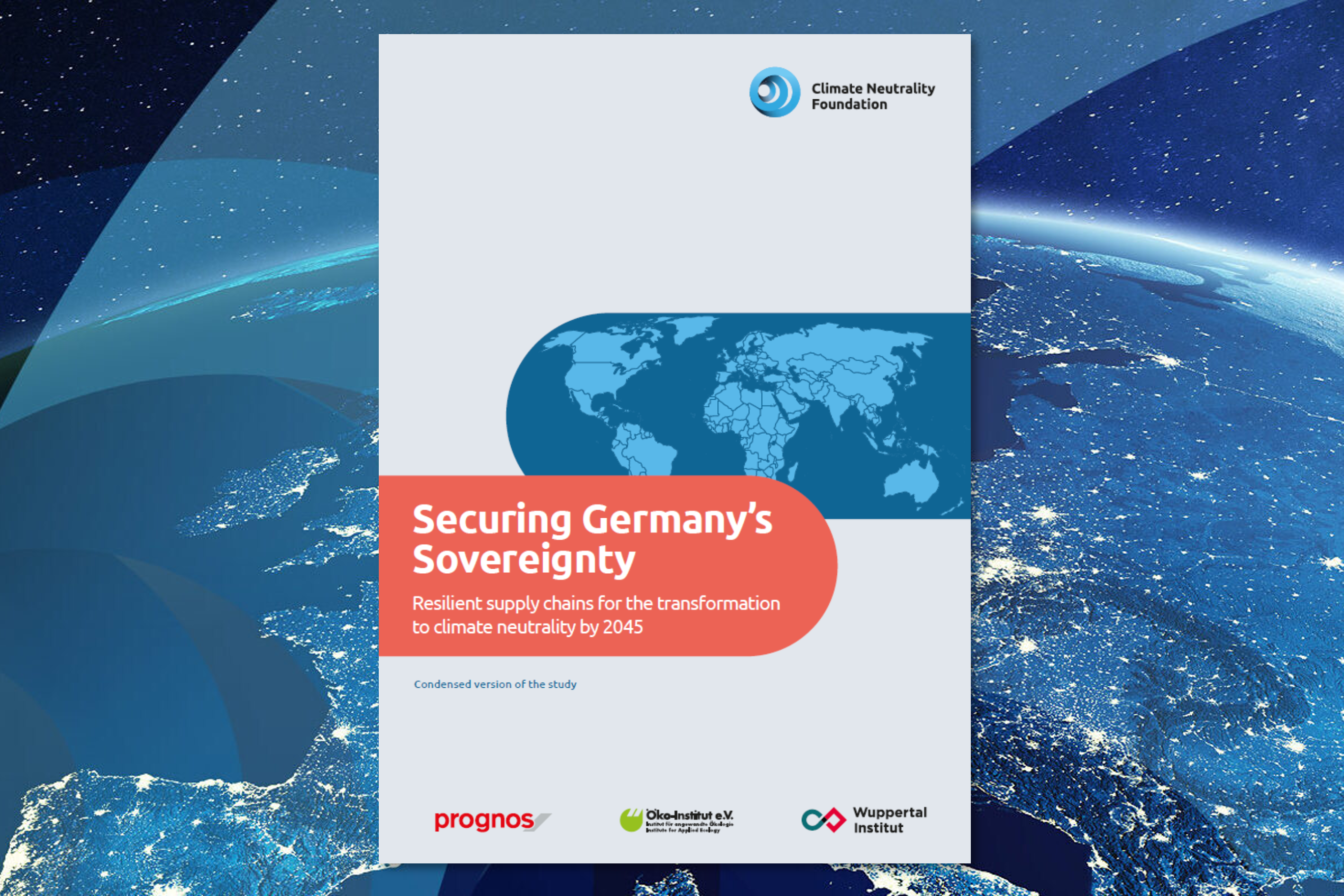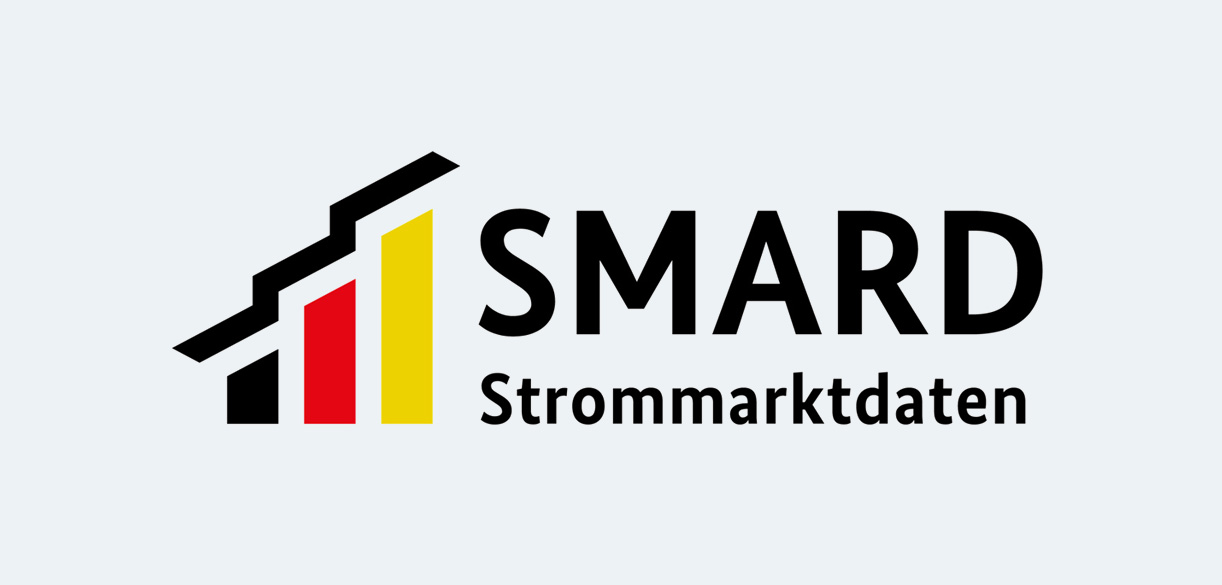With its work, the Climate Neutrality Foundation aims to show how a rapid transformation can succeed. It is of central importance to:
- avoid stranded assets in fossil technologies,
- to massively improve the efficiency of energy use (Efficiency First),
- expand renewable power generation to an extent that enables the necessary electrification of other sectors (Electrify Second)
- and finally, to use electricity from renewable sources to produce hydrogen that replaces fossil fuels in industry, but also in other sectors (Green Fuels Third).
In addition, greenhouse gas emissions that are not caused by energy use, especially in the agricultural, industrial and waste management sectors, must be avoided as far as possible or compensated by negative emissions. In the transformation process, the challenge posed by climate change is an opportunity for a comprehensive modernization of our economy that shall be seized.
Against this background, the Climate Neutrality Foundation develops cross-sectoral strategies for a successful transformation to climate neutrality in Germany.
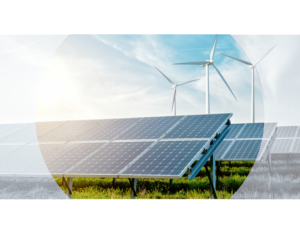
Climate and Transformation Partnerships
Strengthening international cooperation, promoting large-volume investments, and establishing new forms of financing
Climate change, the decarbonization and digitalization of the economy and the shift in the geopolitical balance of power pose major challenges for politics and society and are forcing structural changes. Implementing the Paris Agreement and Germany’s foreign climate policy strategy requires new forms of international cooperation.
Partnerships provide the framework for securing the industrial and economic transformation, making it resilient, and promote sustainable economic prosperity in the participating partner countries. With the tripling of renewable energies and the doubling of the rate of increase in energy efficiency by 2030, as well as the move away from fossil fuels, investments are now at the center of the implementation agenda.
April 2024 | English edition | German edition | Spanish edition
Development of KfW into a climate & transformation bank
How KfW can play a leading role as a transformation bank
The transformation to greenhouse gas neutrality and climate resilience while simultaneously achieving the Sustainable Development Goals requires considerable investment in the Global South. Development banks such as the German Kreditanstalt für Wiederaufbau (KfW) have a special role to play in reducing the cost of capital for transformation and leveraging far more private capital.
Due to its size and importance, KfW plays an outstanding role in the protection of global public goods. It could and should play an important bridging role between public and private investors. This study examines which measures need to be implemented in order for KfW to consistently develop into a climate and transformation bank.
April 2024 | English edition | German edition | Spanish edition
Resilience and political sovereignty
The Climate Neutrality Foundation has commissioned a consortium of Prognos, Öko-Institut and Wuppertal Institute to analyze the demand for raw materials and intermediate products with their critical vulnerabilities and dependencies in key transformation technologies such as photovoltaics, wind power and electromobility, but also green steel, along their entire supply chains to identify the neuralgic points with a particular need for political action. The study by the Climate Neutrality Foundation provides for the first time country-specific data on the resilience of critical supply chains for Germany through a time series analysis in five-year steps up to the target year 2045 adopted by the German government for climate neutrality.
For example, in the solar supply chain, Germany is almost completely dependent on non-European suppliers for critical components. This heavy dependence not only jeopardizes a reliable transformation to climate neutrality and makes it more difficult to securely build up important future industries in this country. It also makes us politically blackmailable in times of turbulent geopolitical waters.
September 2023 | long version | condensed version | fact sheets
Heat Pumps: Myths and Facts
BLOG POST SERIES | FEBRUARY 2021
Heat pumps and heat grids are the central strategies for climate neutrality in existing buildings, alongside energy refurbishment.
Heat pumps in particular are repeatedly confronted with outdated prejudices: How can heat pumps be used in existing buildings? Do all existing buildings have to be extensively renovated first? Are heat pumps capable of providing sufficiently high flow temperatures required?
With a 12-part, weekly blog post series “Heat Pumps in Existing Buildings”, compiled by the Fraunhofer Institute for Solar Energy Systems, we address these fundamental questions.
SMARD – ELECTRICITY MARKET DATA FOR GERMANY
An electricity system based on renewable energies is the basis for a climate neutral economy. The German Federal Network Agency’s SMARD platform presents nearly in real time the generation of renewables, power plants, electricity consumption and other electricity market data for Germany and partly also for Europe: https://www.smard.de/en
